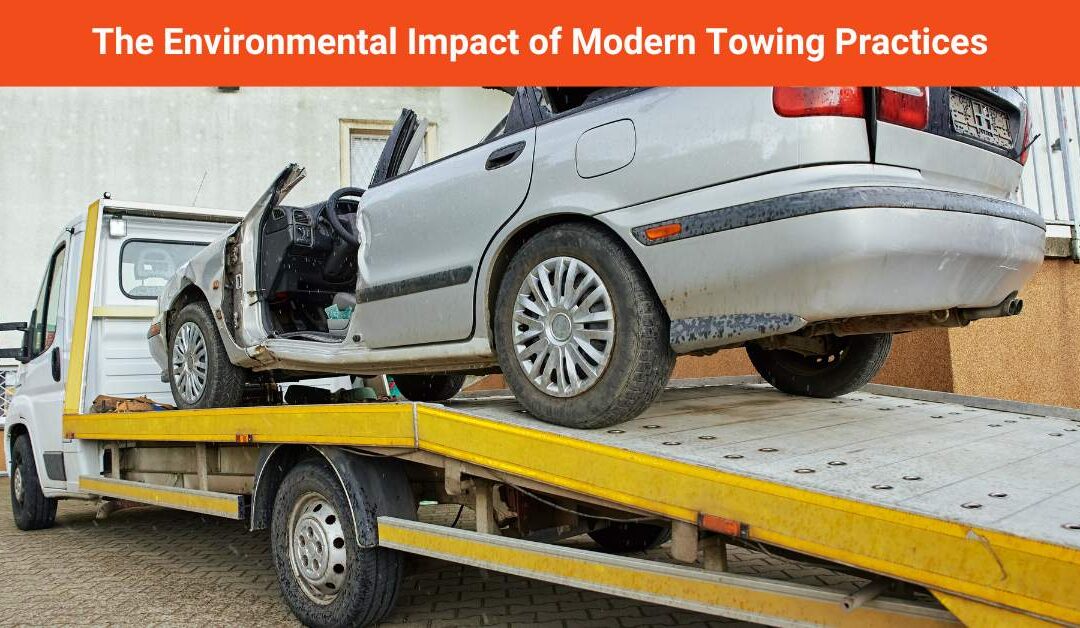As industries evolve to prioritize sustainability, towing practices have also shifted toward reducing environmental impact. From adopting fuel-efficient vehicles to recycling salvaged materials, modern towing companies are taking significant steps to minimize their ecological footprint. Here’s a look at the environmental considerations and advancements in contemporary towing practices.
Fuel Efficiency and Reduced Emissions
One of the most notable changes in modern towing is the adoption of fuel-efficient vehicles. Tow trucks are often heavy-duty vehicles that consume significant amounts of fuel, contributing to greenhouse gas emissions. Many companies now invest in trucks equipped with eco-friendly engines, including hybrid or electric models, which reduce fuel consumption and emissions. Advanced GPS systems further optimize routes, minimizing unnecessary driving and lowering carbon footprints.
Proper Disposal of Hazardous Materials
Towing companies frequently handle vehicles involved in accidents or breakdowns, which may leak hazardous materials like oil, coolant, or fuel. Responsible towing operators are trained to manage these spills safely, using absorbents and other tools to prevent contamination of soil and water sources. Partnering with licensed disposal facilities ensures these materials are handled in compliance with environmental regulations.
Recycling and Salvaging Vehicle Parts
The recycling of salvaged vehicle parts is another way towing practices contribute to environmental sustainability. Instead of sending damaged vehicles to landfills, towing companies often collaborate with recycling centers to extract reusable components. Metals, plastics, and electronic parts are repurposed, reducing waste and conserving resources. This practice supports a circular economy while decreasing the demand for raw materials.
Eco-Friendly Operations at Towing Facilities
Modern towing facilities are increasingly designed with sustainability in mind. Solar-powered offices, energy-efficient lighting, and water-saving systems are becoming standard. Additionally, many companies use biodegradable cleaning agents and lubricants, further reducing their environmental impact. These operational changes demonstrate a commitment to eco-conscious practices beyond roadside assistance.
Raising Awareness and Encouraging Green Practices
Towing companies also play a role in educating customers about environmentally friendly practices. This includes promoting proper vehicle maintenance to prevent breakdowns and encouraging the responsible disposal of end-of-life vehicles. By raising awareness, they help drivers make informed choices that benefit the environment.
Conclusion
Modern towing practices are evolving to address environmental concerns, incorporating innovations that reduce emissions, manage waste responsibly, and conserve resources. By embracing these sustainable practices, towing companies are not only protecting the environment but also setting an example for other industries to follow. As technology advances, the towing sector is poised to make even greater strides toward environmental stewardship.
Now Car Towing Melbourne is available in Dandenong South, Victoria 3175, Australia.
Car Towing Melbourne
(03) 7037 7625

